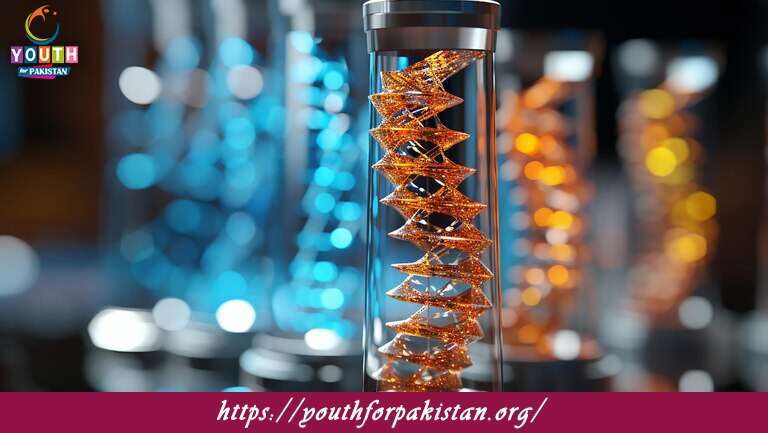11th Class Chemistry Chapter 10 Quiz with Answers

“11th Class Chemistry Chapter 10 Quiz: Electrochemistry” reveals the connection between chemical reactions and electrical energy—a very vital concept to understand most of the applications in chemistry and in our day-to-day life. This chapter is particularly important for MDCAT students as it covers basic principles that are directly relevant to practical chemistry and exam questions. Our MDCAT Quiz for this chapter will help you assess your understanding and prepare you for MDCAT-related questions.
The chapter introduces the electrochemical cells, which are devices that convert chemical energy into electrical energy. Students learn about galvanic cells, where spontaneous redox reactions produce electrical energy. It explains the electrodes in these cells, where the anode is the site of oxidation and the cathode the site of reduction. The concept of oxidation-reduction reactions (redox) is discussed in detail, where students learn how electrons are transferred from one reactant to another during these reactions.
The chapter goes on to describe electrolysis, wherein electrical energy is used to drive a non-spontaneous chemical reaction. The student learns about the electrolytic cell, where an external power source causes the decomposition of compounds—that is, electrolysis of water to give hydrogen and oxygen. The application of electrolysis in electroplating and the extraction of metals is also discussed, as well as how the Faraday laws of electrolysis describe the relationship between the amount of substance deposited or liberated during electrolysis and the amount of electric charge passed through the electrolyte.
MDCAT Quiz: Test Your Knowledge of Electrochemistry
In our MDCAT Quiz for Chapter 10, we challenge students to questions on oxidation-reduction reactions, electrochemical and electrolytic cells, Nernst equation, standard electrode potential, and corrosion. The answers to these quizzes provide an opportunity to strengthen your understanding of electrochemical principles and get ready for the MDCAT exam questions on electrochemistry.
- Test Name: 11th Class Chemistry Chapter 10 Quiz
- Type: Quiz Test
- Total Questions: 30
- Total Marks: 30
- Time: 30 minutes
Note: Answer of the questions will change randomly each time you start the test, once you are finished, click the View Results button.
Free Flashcards for Electrochemistry
Reinforce your learning with free flashcards for Chapter 10. These flashcards will cover key topics such as galvanic cells, electrolysis, Faraday’s laws, Nernst equation, and electrochemical series. Flashcards are great tools that should be used for quick revisions and ensuring that you are best prepared for the MDCAT exam questions.

Which law states that the product of the masses of the ions liberated at the electrodes during electrolysis is directly proportional to their chemical equivalent weights?
Faraday's second law

The process of converting a substance from its ionic form to its metallic form is called ____________.
Reduction

The device used to measure the potential difference between two electrodes is called a __________.
Voltmeter

The movement of ions in a solution under the influence of an electric field is called __________.
Electrolysis

Faraday's first law of electrolysis states that the mass of the substance deposited or liberated at an electrode during electrolysis is directly proportional to the __________.
Current

The process of depositing a layer of one metal over another by means of electrolysis is called ____________.
Electroplating

What is the electrode potential of a half-cell when the concentration of its ions is 1 M and the pressure of gases is 1 atm?
Standard electrode potential

What is the potential difference required to drive a non-spontaneous reaction in an electrochemical cell?
Electrolysis potential

What is the potential difference required to reduce a species at the cathode of an electrochemical cell?
Reduction potential

What is the potential difference required to oxidize a species at the anode of an electrochemical cell?
Oxidation potential

What is the process of coating a metal object with a thin layer of zinc to prevent corrosion?
Galvanization

What is the process of using an external source of electricity to drive a non-spontaneous chemical reaction?
Electrolysis
Experience the real exam environment with our expertly designed collection of over 25,000 MCQs MDCAT Mock Tests.





